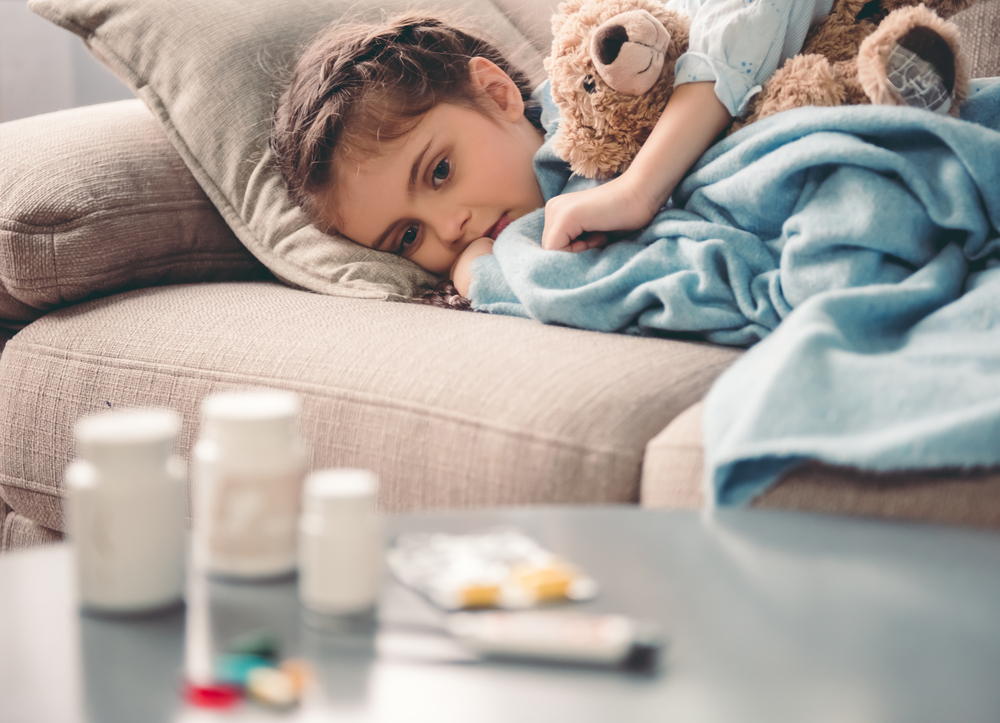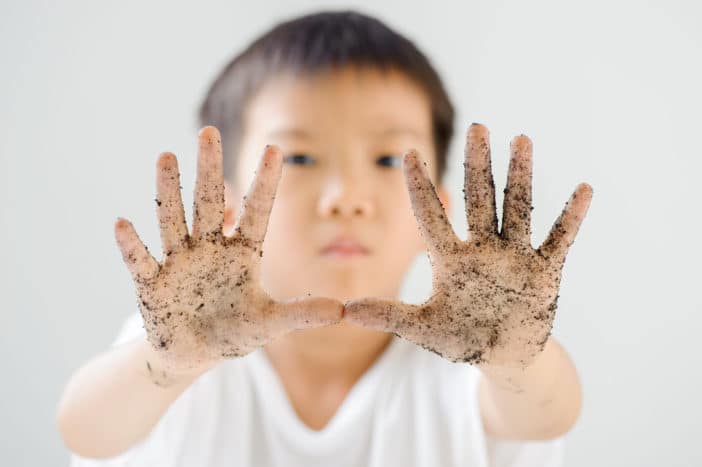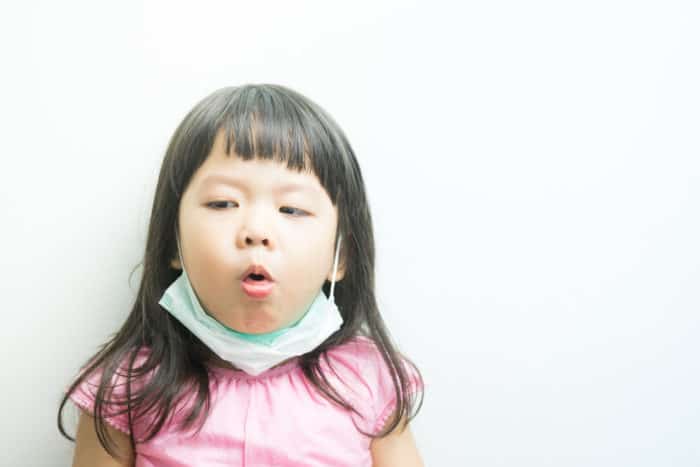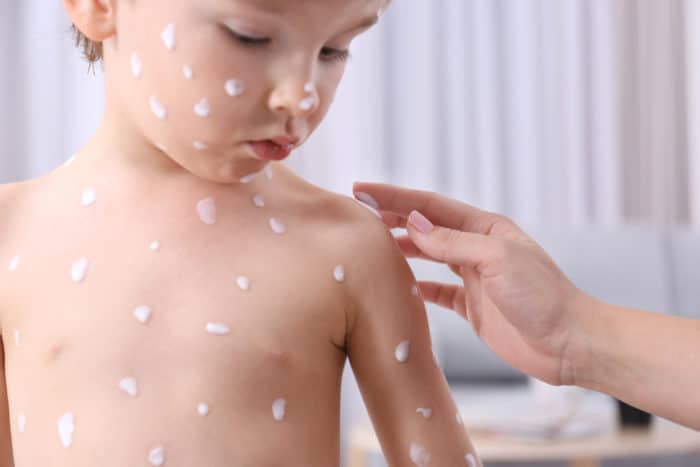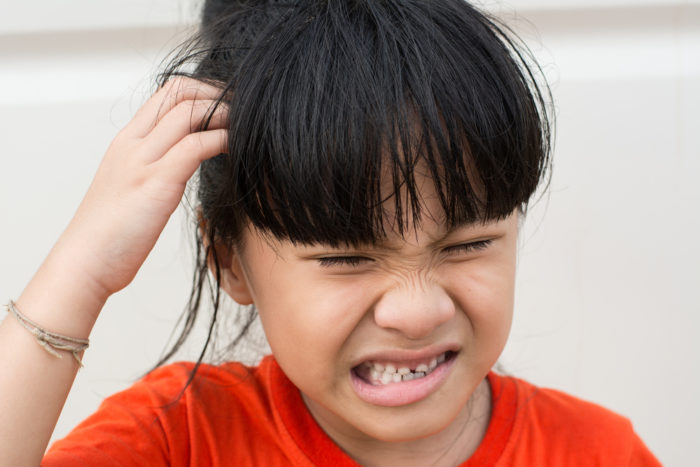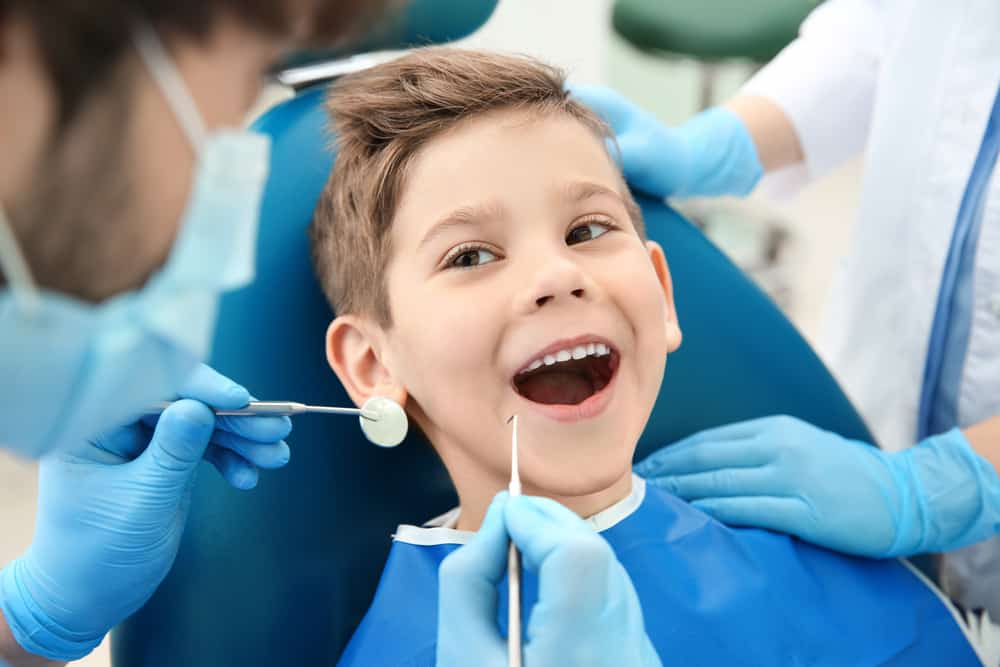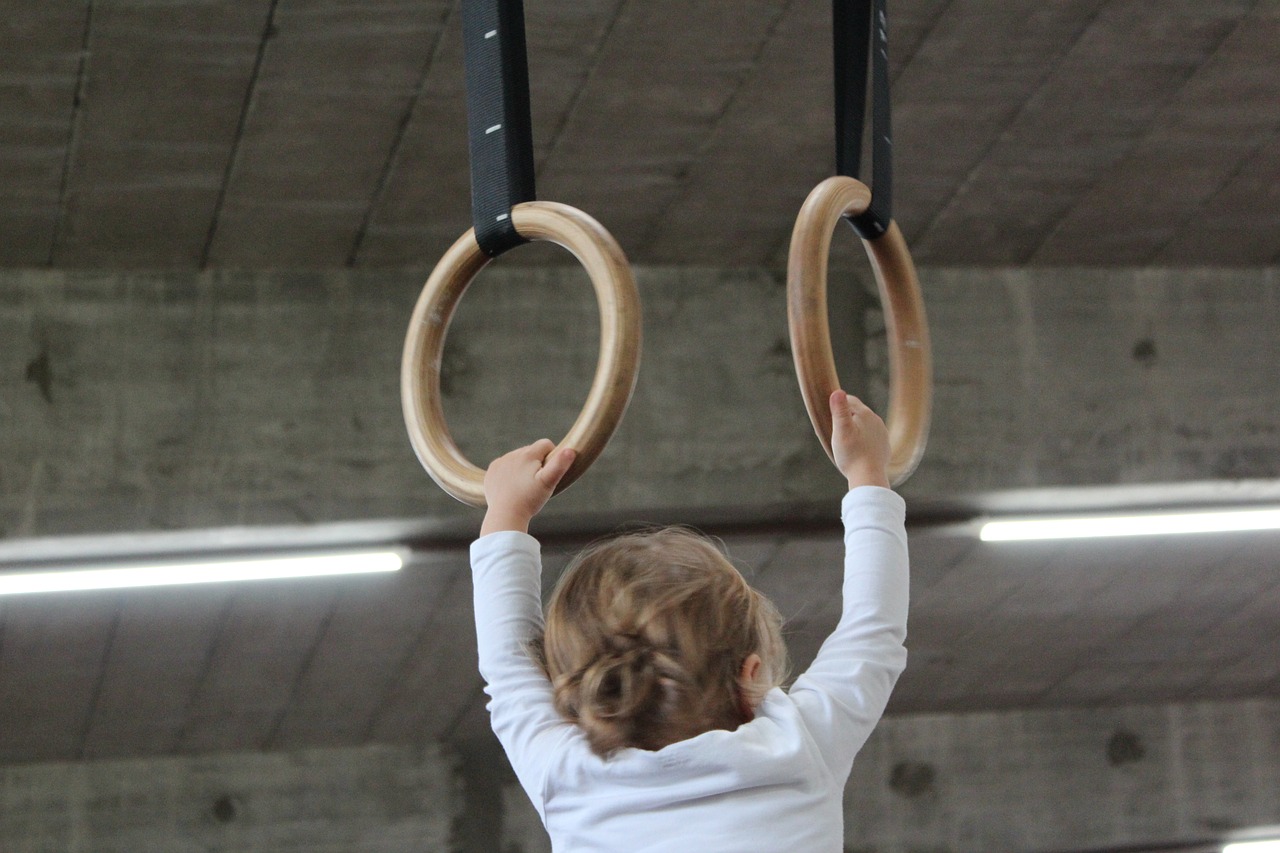Contents:
- Medical Video: What Those Nasty White Chunks That Sometimes Come From Your Throat Are
- Various infectious diseases in children
- 1. Worms
- 2. RSV
- 3. Chicken pox
- 4. Head lice
Medical Video: What Those Nasty White Chunks That Sometimes Come From Your Throat Are
Diarrhea is one of the common infectious diseases affecting children, although it is also often experienced by adults. This disease is sometimes not even taken seriously. In fact, prolonged diarrhea can cause disruption of child growth and development which is quite serious. Therefore, diarrhea in children must be dealt with quickly and precisely. Then, what is more infectious in children?
Various infectious diseases in children
The immune system in children who are not as strong as adults makes children vulnerable to infectious diseases. Coupled with the habit of children who still like to put anything in their mouths, do not diligently wash their hands, and play in dirty places.
This infection can be caused by viruses or bacteria that are around the child. Here are some infectious diseases that are often suffered by children, in addition to diarrhea.
1. Worms
If you notice your child often scratching his buttocks, maybe your child has worms. Children are very susceptible to worms because children often play outdoors rather than adults. Not to mention the child's awareness to maintain cleanliness is still lacking.
For example, after playing outside, children immediately hold food and eat without washing hands first.This allows worms or worm eggs that attach to the ground or in water to enter the child's body and then multiply in the intestine.
To prevent this, it is recommended that children always diligently wash their hands, especially before eating and after leaving the toilet. Routinely taking worm medicine every 6 months is also recommended to prevent intestinal worms.
2. RSV
Respiratory syncytial virus (RSV) is an infectious disease of the respiratory tract. Infections in children are usually not serious. However, if your child is under 2 years of age or has heart or lung disease, or has a weak immune system, this infection can attack the lungs and cause pneumonia.
If your baby shows symptoms such as runny nose, runny nose, coughing, congestion, breathing problems, and easy fuss, be careful that the child may experience RSV. Immediately check these symptoms to the doctor.
3. Chicken pox
Chickenpox is a disease caused by a virus. The first symptoms that appear are usually small red spots on the child's body, followed by fever and a weak body. This disease can spread from one child to another, through direct contact with chickenpox spots, sneezing, or coughing.
Therefore, if the child has chickenpox, it is better to rest at home so as not to spread to his friends or people around him. Chickenpox transmission may not be immediately apparent. Usually, chickenpox will spread to children who have never had chickenpox and appear 10-21 days after exposure or after the child interacts with another child who is having chickenpox.
4. Head lice
Well, besides the diseases mentioned above, head lice disease is also a disease of the child that must be watched out for. Head lice are usually contagious from other children, can because playing together, sleeping together, borrowing headbands or hats, and so on.
Usually children with head lice will show symptoms such as scratching their head, itchy scalp (more severe at night), and red rash on the head due to scratching too often. You can comb your child's hair dry or wet with a flea comb to find out if the child has head lice or not.

